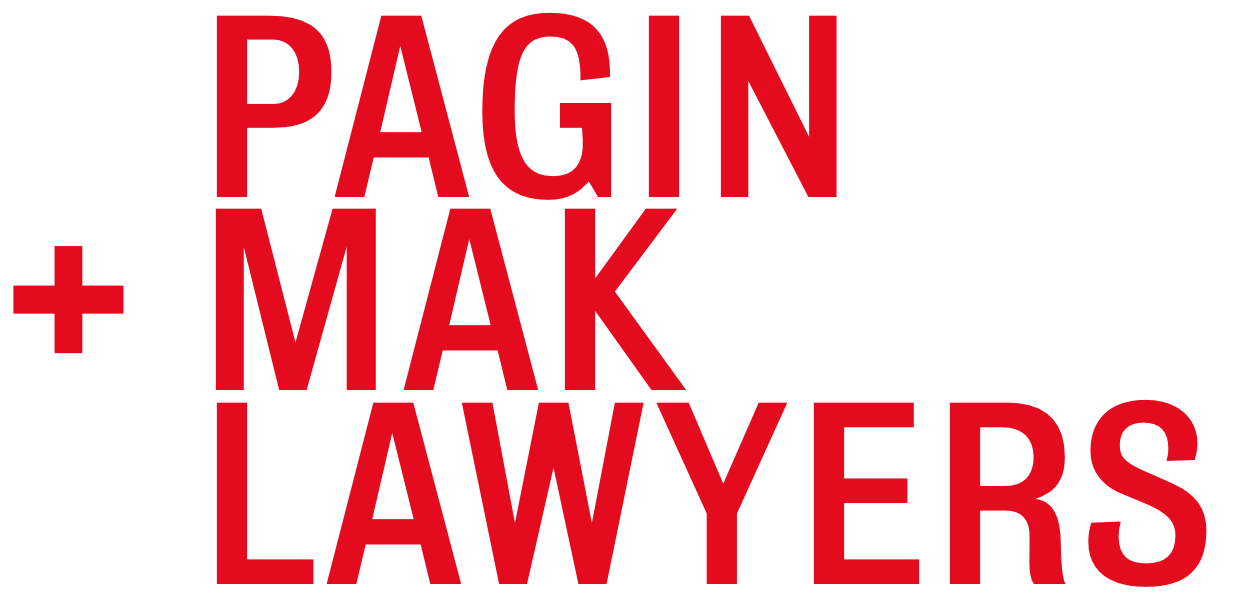Being charged with a criminal offence: what to expect
Being charged with a criminal offence, such as possessing a prohibited substance (drug possession) or driving above the prescribed concentration of alcohol (drink driving), can be a challenging experience for many people – especially if it’s your first run in with the law. The effect of a criminal conviction can have life altering consequences for many people, for example:
It is now commonplace for employers to conduct background checks on prospective employees before they are offered a position.
Some employment contracts permit an employee to be dismissed if they are convicted of an offence.
Some countries, such as the USA, may make it more difficult to enter for someone with a conviction for certain offences.
For these reasons and others, a conviction on your record should be avoided at all costs. Assuming you wish to plead guilty, many hours of careful preparation will be required before going to court for sentence before a Magistrate or Judge. This will usually involve several steps, including:
careful consideration of the ‘Facts Sheet’, which is, essentially, the Police story on what allegedly occurred;
if the Facts Sheet is inaccurate, whether to request it be amended;
consideration of your individual circumstances and the circumstances surrounding the offending conduct;
obtaining suitable references from people who can attest to your character;
your enrolment and attendance at appropriate courses which will show the court you are remorseful and willing to learn from your mistakes;
a letter of apology from you to the court outlining your remorse and understanding of how your conduct could have dangerous consequences.
Whilst it’s far from guaranteed, with the right preparation and representation, it is possible to not receive a conviction for certain types of offences. However, in certain circumstances, the Court may decide that the offending, coupled with other factors, is serious enough to warrant a criminal conviction. The Court then has a variety of options available to it which includes, but is not limited to, the following:
An order that you are convicted (which will appear on your criminal record);
An order that you pay a fine (but not coupled with a non-conviction CRO);
A Conditional Release Order (CRO) of up to 2 years. This will usually require the offender to be of ‘good behaviour’, can involve supervision, and can be made either with or without a conviction;
A Community Correction Order (CCO) of up to 3 years. This will usually require the offender to be of ‘good behaviour’ and can also involve supervision as well as community service work. A CCO is more serious than a CRO and will necessitate a conviction on your record;
An Intensive Correction Order (ICO) which is a custodial sentence of up to two years that the Court decides can be served in the community. Supervision is mandatory and can include conditions such as home detention, community service work and curfews (among others); and
In the most serious of matters, a term of ‘full-time’ imprisonment.
Before the Court can make an order for an ICO or a term of ‘full-time’ imprisonment, it will first have to carry out a three-step process:
1. Firstly, the Court must be satisfied, having considered all possible alternatives, no penalty other than imprisonment is appropriate;[1]
2. Second, if a sentence of imprisonment is appropriate, the Court determines the length of sentence without regard to how it is to be served;[2]
3. Lastly, the Court must then consider whether any alternative to full-time imprisonment (such as an ICO) should be imposed.[3]
Criminal and traffic law matters can be complex. If you have recently been charged with an offence, no matter how minor, you should seek sound legal advice as soon as possible. Get into contact with the team at Pagin + Mak Lawyers for a free consultation. We will be more than happy to discuss any questions you may have and explain the process in greater detail.
Disclaimer:
The information above is intended as general information only and should not be relied on. You should discuss your individual situation with a lawyer.
[1] s 5(1) Crimes (Sentencing Procedure) Act; R v Douar (2005) 159 A Crim R 154 at [70]; R v Hamieh [2010] NSWCCA 189 at [76].
[2] R v Douar at [71]; R v Zamagias [2002] NSWCCA 17 at [26]; Zreika v R (2012) 223 A Crim R 460 at [56].
[3] R v Zamagias at [28]; R v Foster [2001] NSWCCA 215 at [30]; Campbell v R [2018] NSWCCA 87 at [47], [52].
